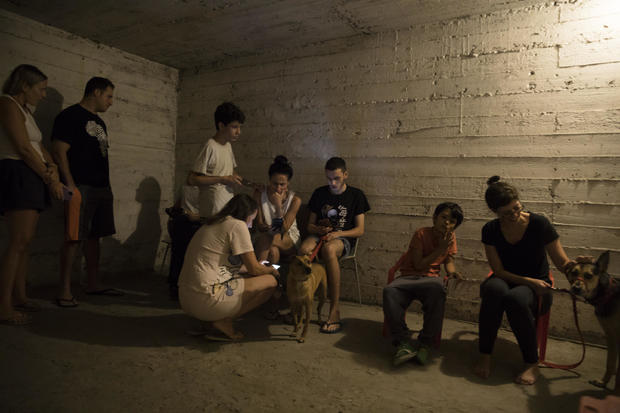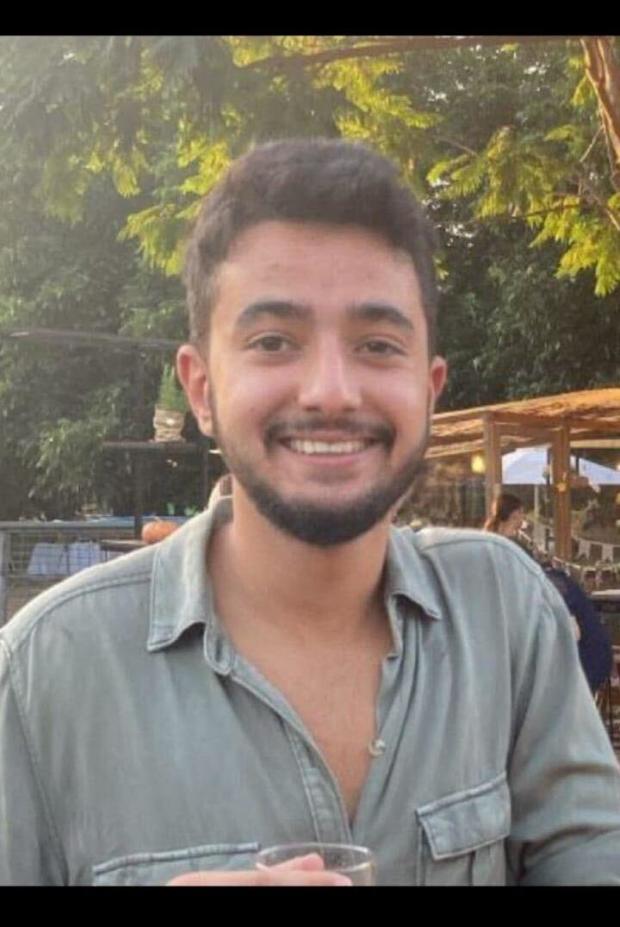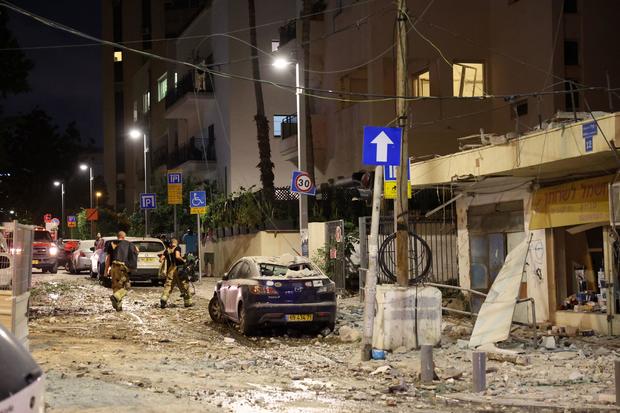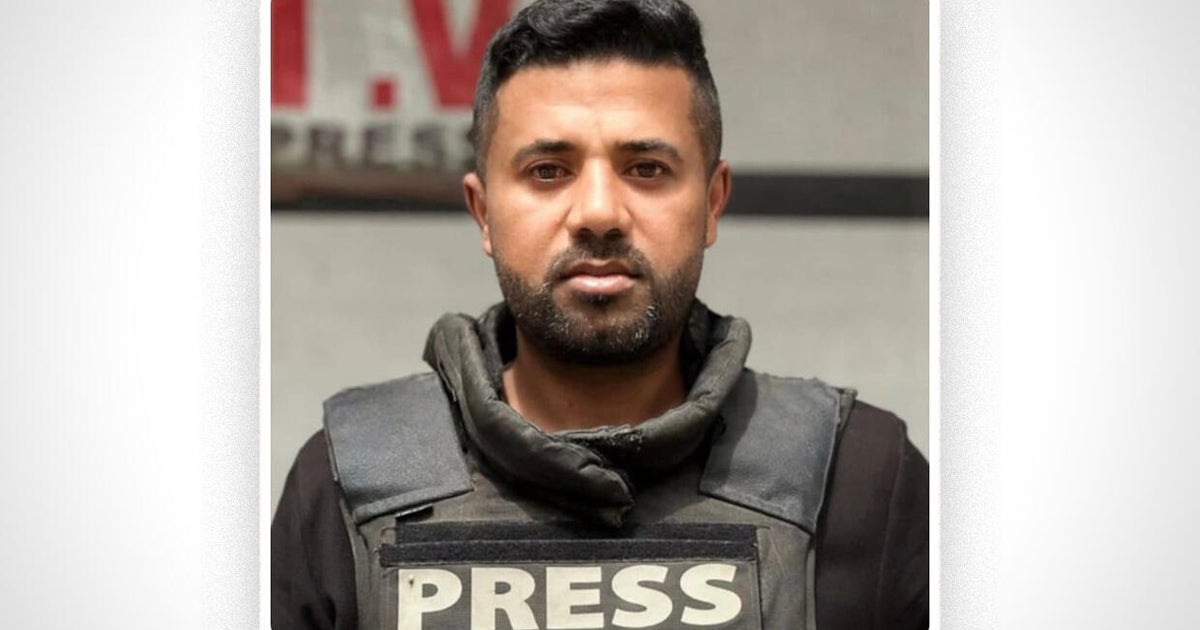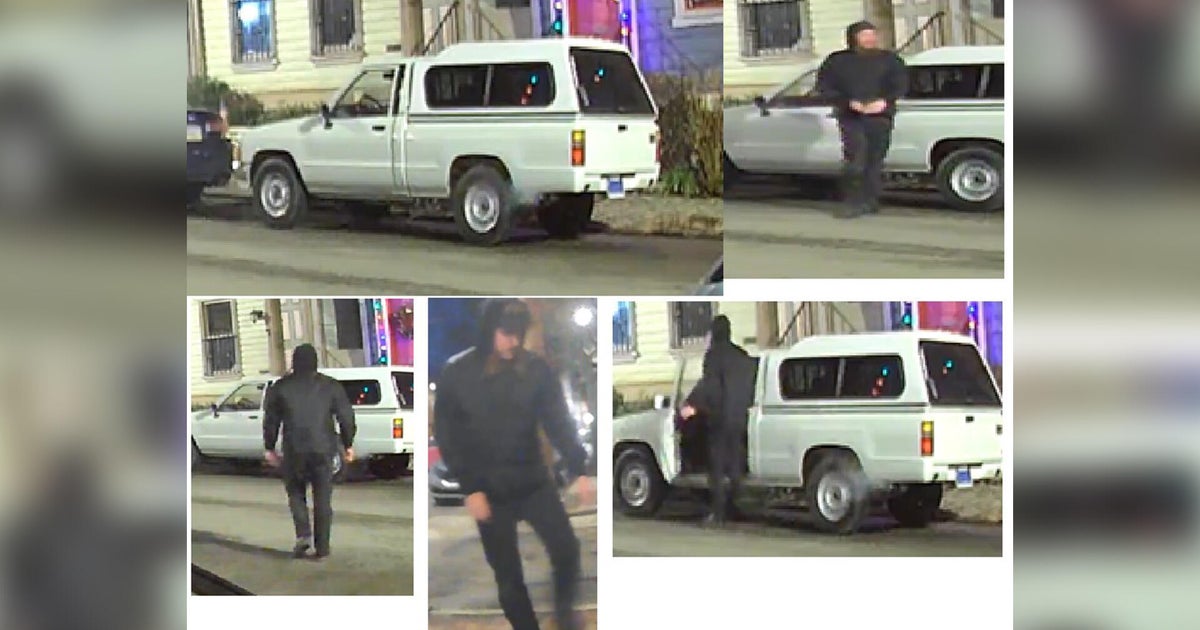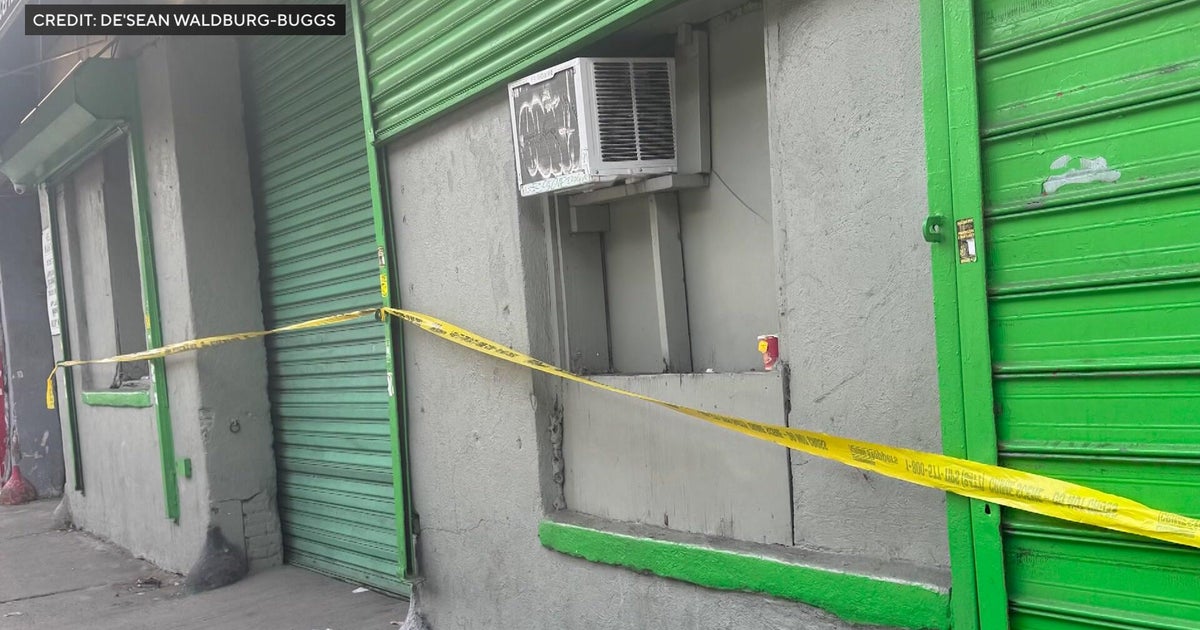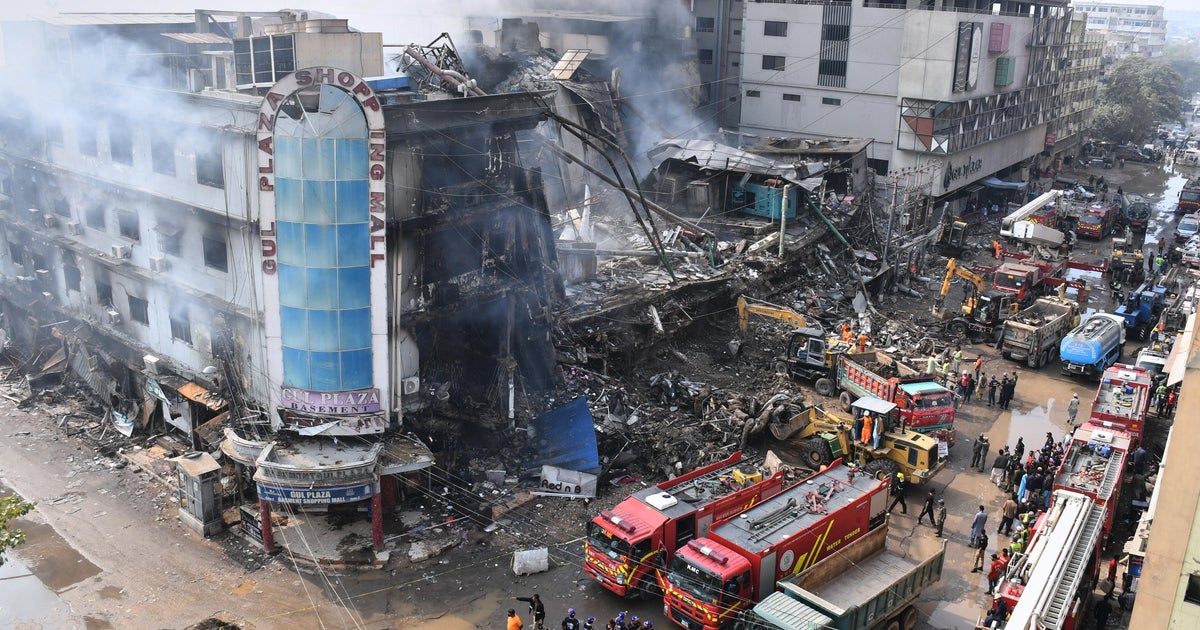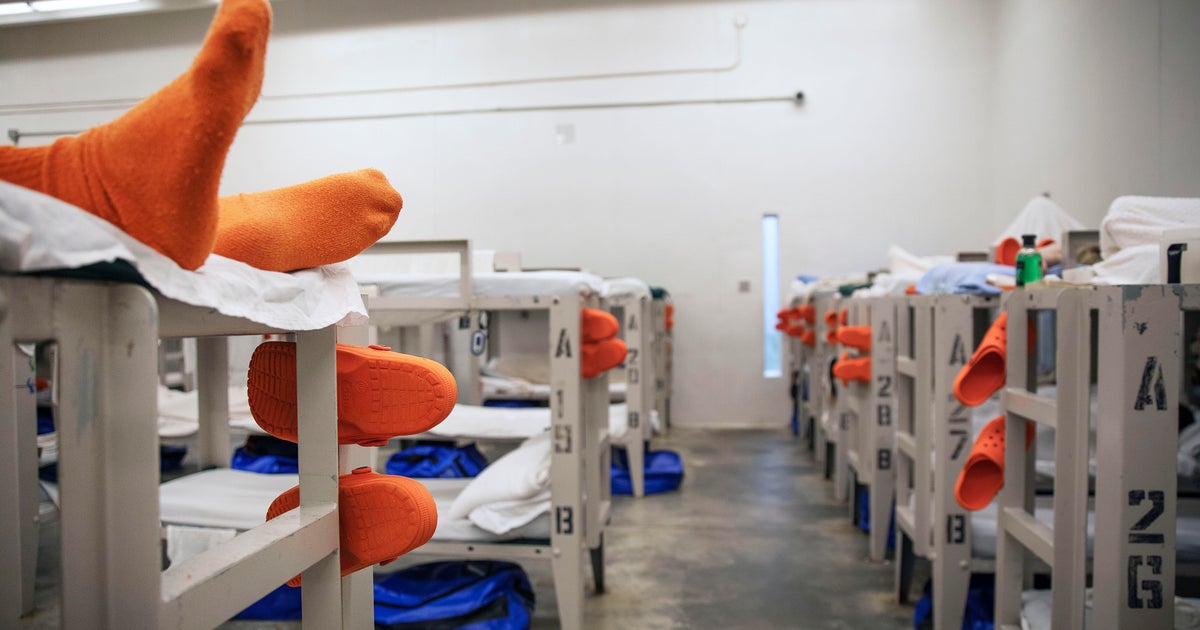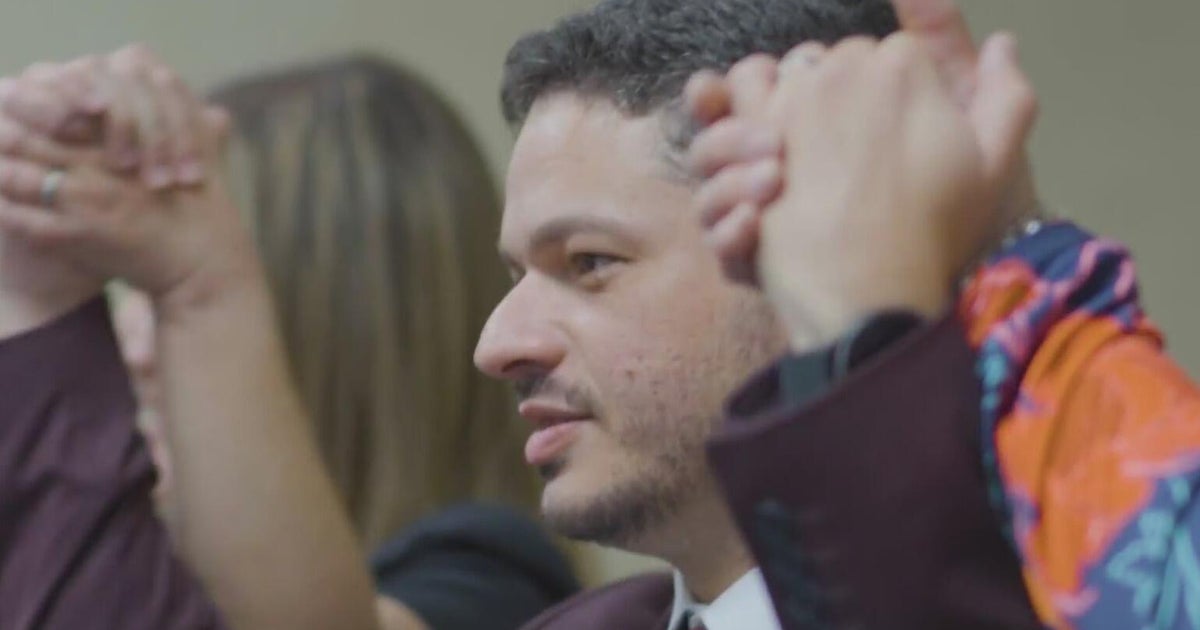Former Israeli commander says Hamas hostage-taking changes the game, as families search for missing loved ones
Tel Aviv - Israelis were searching Sunday for loved ones either taken hostage or missing after Hamas' brutal attack on the country a day earlier. At a makeshift center in Tel Aviv, dozens of people gathered to try to get any information they could and deposit DNA samples to aid in the search.
Families sat on seats inside a nondescript lobby or waited outside, where volunteers handed out snacks and beverages in the heat.
Sisters Inbal Albini, 55, and Noam Peri, 40, were among those at the center, looking for any trace of their father, Chaim Peri, 79, and Albini's half brother, British-born Daniel Darlington, 35. They asked that their names be shared to help with the search.
"Terrorists broke into the house and looked for people and then they took him," Peri told CBS News. She said her mother was also in the house and witnessed her father being taken away.
Ablini said her half brother, Darlington, was in Israel visiting a friend. She said he grew up in the U.K. and has Israeli citizenship through his mother.
"I spoke to him in the morning, around eight or nine in the morning, and since then, nothing," Albini told CBS News. "He was staying at a friend's house. The friend told him not to go out, to lock all the doors and windows and stay there. And that's the last time that they talked. The friend was not at home."
Israel's Government Press Office on Sunday said over 100 people had been taken hostage by Hamas.
The Palestinian Islamic Jihad late Sunday said the group is holding more than 30 Israeli hostages in Gaza. "They will not go back to their homes until all our prisoners are liberated from the enemy's prisons," Ziad Nakhalah, the group's leader, said.
U.S. nationals were among those missing, including 23-year-old Israeli-American Hersh Goldberg-Polin, who lives with his family in Jerusalem but was born in California.
He was among dozens of people attending a late-night rave in the desert of southern Israel, not far from the Gaza border, when Hamas militants stormed the site.
His father Jonathan Polin told CBS News on Sunday that Hersh sent his parents two short messages on Saturday morning, as the attack began. The first one just said "I love you," and the second only: "Im sorry."
"He was released from the [Israeli] army at the end of April. Loves traveling and music and festivals," the father said. "He's now working as a medic and a waiter to save money for his big trip to India in December."
Maj. Gen. (res.) Israel Ziv, the former head of the Operations Directorate in the IDF and former commander of the Gaza Division wouldn't clarify the numbers of Israeli nationals missing or suspected to be held by Hamas.
"It's big numbers," Ziv said at a press briefing. "Very high numbers."
When asked how Israel would protect the Israeli hostages in Gaza in any counterattack on the densely-packed Palestinian territory, Ziv said the army would have to strike a balance.
"It is a problem, of course, but we'll have to do both: On the one hand, dealing with the hostages and doing the maximum to rescue and release them," Ziv said. "On the other hand, it's not an option to let Hamas go free. Israel has to do everything to destroy completely Hamas. We saw who they are - taking as hostages children, old women - so how can we make peace?"
Ziv said the taking of hostages has changed the equation for Israel.
"If it was just the attack, you may call it a military act. But what they have done with the hostages, knowing that our value for human life is different to what they see, this is something that brought us to the point of no return, even if we don't have the answer. So we have to do what we have to do."
CBS News' Emmet Lyons in London contributed to this report.
